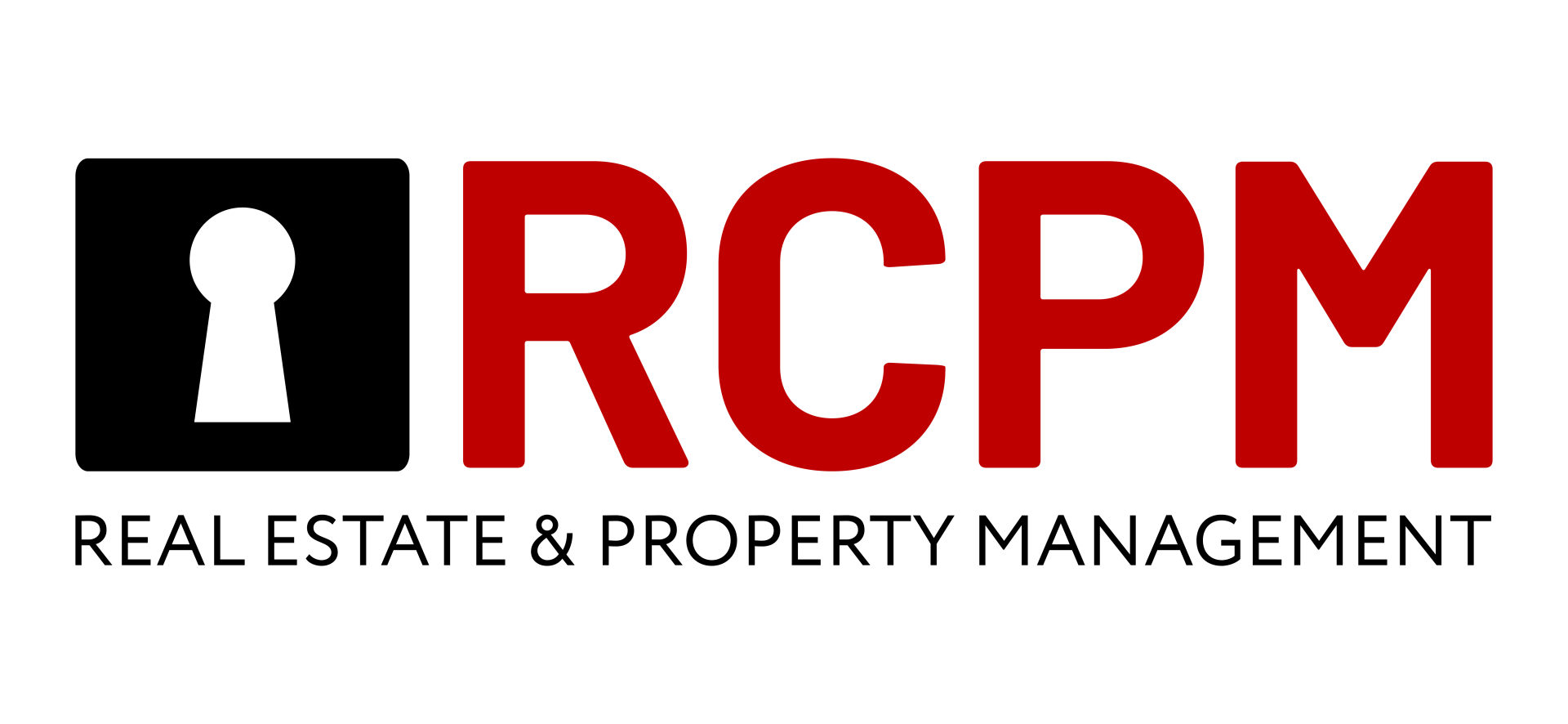Buying an investment property may be one of the best financial moves you could make with your hard-earned money. Real estate, in general, has a proven track record of being an excellent investment in the long run, but single-family homes and condos can also be a financial burden. On the other hand, an investment property is a great way to generate passive income.
Cash is king
In any real estate transaction, the person who can put the most money on the table is the most likely to win. It is even more the case with real estate investment. Since lenders consider investment property mortgages to be riskier than an owner-occupied one, they often require hefty cash amounts upfront.
For the average homebuyers, lenders require a down payment equivalent to 20% of the property at most. However, for an investment property you are not planning to occupy, lenders may require a higher down payment, especially if it is the first time you are investing in real estate. The more cash you can put aside, the lower your interest rate will be and the most likely you are to qualify for a mortgage.
In addition, lenders will often require that you have at least six months of cash reserve available per property (not only the investment property but also your primary residence and any other real estate investment you may own) to ensure that you will be able to pay for your mortgage even if the property stands empty.
For many distressed properties, cash is often the only option, and the majority of competitors will be willing to put an all-cash offer. It is something to keep in mind if you are considering investing in that market.
Be prepared
Any mortgage will require you to be ready to show the lender that you are trustworthy – even more so when it comes to investment loans. You should be prepared to show your lender that you have not only an excellent credit score (720 or higher is preferable) but also a good credit history and a low debt-to-income ratio.
If your credit score is below 740, you will need to take into account that you will be dealing with higher interest rates, higher lender fees, and a lower loan-to-value ratio. If your credit is mediocre, it is often wiser to wait before investing in real estate and take steps to improve your credit.
You should also be prepared to show that you can support the property independently. The lender will not take into account the potential income produced by the property when calculating your income. Prepare all the necessary documents to prove your income and financial situations, including bank statements, investment account, and retirement account statements, tax returns, etc.
Know your loan investment options
There are many different options when it comes to financing an investment property.
- Conventional mortgages: Conventional mortgages for investment properties are relatively straight forward and similar to the ones you would use for a primary residence. The lender will consider your credit score and credit history to determine your mortgage. The main difference is that they will more likely require a higher down payment (between 25% and 30%) than what you would get for a primary residence.
- Hard-money or fix-and-flip loans: Also known as “commercial real estate loans,” they are designed primarily for house flippers and professional real estate investors. The interest rates are higher than a conventional loan, they must be repaid a lot more quickly (between one and five years) and also carry higher upfront fees. However, they are also easier to qualify for as long as you have cash available and are quicker to obtain than a conventional loan.
- Government-backed loans: Although VA, FHA, and USDA loans are not designed to be used by investors, first-time investors may still be able to finance a rental with up to four units as long as they occupy one of the units and the property is in satisfactory condition. The upside is a much lower down payment and more leniency regarding credit scores.
Find a flexible lender
Big banks tend to be less flexible than smaller lending institutions, such as neighborhood banks. Shop around to get the best rates and see what each lender offers to investors.
Dealing directly with the lender instead of using a mortgage broker will also help you make a stronger case for yourself. However, it can be a time-consuming process. If you choose to use a mortgage broker, make sure that he or she is familiar with the specificities of real estate investment financing. Some good questions to ask when interviewing a potential broker include “do you currently work with other investors?” “How many loans do you offer to investors?”
Think outside of the box
Financing an investment property may require some creative thinking on your part, especially if you don’t have large amounts of cash or if your credit score is less-than-ideal.
- Get a Home Equity Line of Credit (HELOC): it is a popular option for investors, especially if you have built equity on your primary residence. A HELOC allows you to borrow against the value of your house like you would for a credit card. You can borrow as much or as little as you need up to 80% of the equity you have in your house. The monthly payments are often lower and more flexible than conventional mortgages.
- Ask for seller financing: although it is not typical, the seller may be willing to offer you a private mortgage. To provide this type of funding, the seller must own the property free and clear. These loans are often short term (five to ten years) and often result in high monthly payments.
- Look into peer-to-peer lending: if you have a history of successful real estate investments and a good credit history, you might want to check out lending sites like Prosper and LendingClub, which connect investors with individual lenders.
- Bring in a co-investor: if you don’t qualify by yourself, it can be a good idea to find a business partner and pool your resources together to be eligible for a better mortgage and mitigate the risks.
In conclusion, financing an investment property might be tricky, but it can also be rewarding. A good investment property management can help direct you toward the best options for you.








